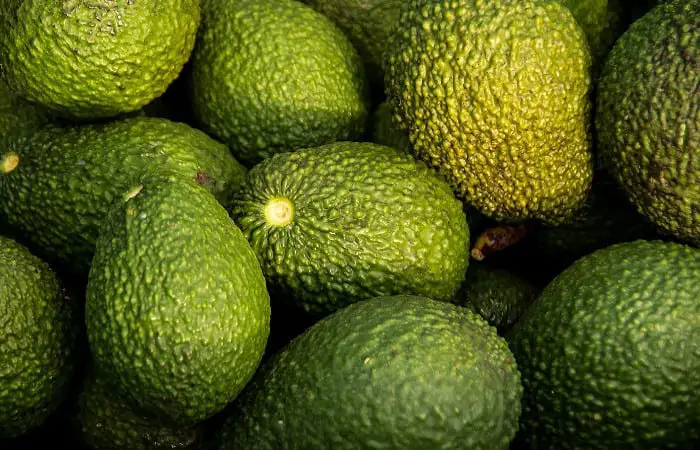Can parrots eat avocado? This is a question that many bird owners have. The answer, unfortunately, is no.
Avocados contain a toxin called persin, which can be deadly to birds.
In this blog post, we will discuss the dangers of persin poisoning in parrots and what you can do to protect your pet bird.
Can parrots eat avocado?
While avocados are healthy and nutritious food for humans, they can be dangerous for parrots.
The flesh of the avocado contains a chemical called persin, which is toxic to birds.
In addition, the pit of the avocado can choke a parrot or cause blockages in its digestive system.
For these reasons, you should avoid feeding avocados to parrots.
What is avocado?
Avocado is a green-skinned fruit that has a creamy, rich texture.
Avocados are packed with nutrients, including vitamins C and E, as well as potassium and fiber.
In addition to being a healthy food, avocados are also believed to have certain health benefits, such as lowering cholesterol levels and improving blood sugar control.
While avocados are generally safe to eat, it is important to be aware that they can contain high levels of fats and calories.
As such, they should be consumed in moderation as part of a healthy diet.
Avocados may be safe for humans and other animals, but for parrots, they can be lethal.
You may also like: Can Parrots Eat Cassava? 8 Dangerous Foods for Parrots
What is the toxic compound in avocados?
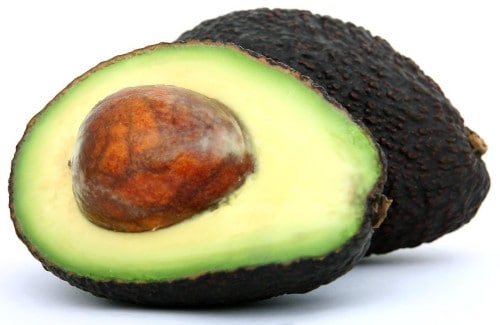
Avocados contain a toxic chemical called persin.
Persin can be found in all parts of the avocado, but it’s most concentrated in the skin and pit.
The flesh of the avocado fruit has lower levels of persin, although it still contains some of this toxic compound.
Persin is a natural toxin that can cause illness in parrots, and it does pose a risk even though your parrot eats a small amount of avocado skin or pit.
What are the harmful effects of avocados on parrots?
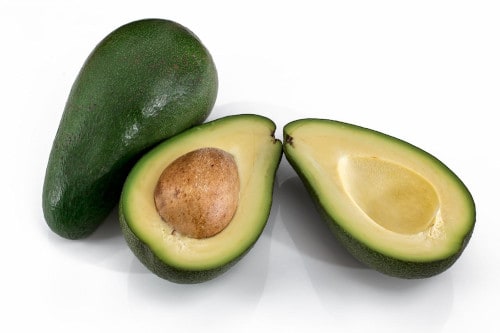
When it comes to avocados, many people think of their delicious buttery texture and rich flavor.
But what they may not realize is that avocados are actually very toxic for parrots.
The harmful compounds found in avocados can cause serious damage to a parrot’s digestive system and neurological function, leading to symptoms such as:-
- Difficulty breathing
- Decreased vitality
- Slower reaction times
- Impaired coordination
These symptoms may begin as soon as 15 to 30 minutes after your bird eats avocado.
Exposure to this toxic substance can lead to tissue damage and leave birds vulnerable to a number of serious conditions, including heart failure, liver damage, and digestive irritation.
Additionally, large doses of avocado can potentially cause death in parrots.
Because of the dangerous effects of avocados on parrots, it is vitally important that we take steps to protect your beautiful birds from this toxic substance.
You may also like: Can Cockatiels Eat Ice Cream? A Comprehensive Guide
Can avocados kill parrots?
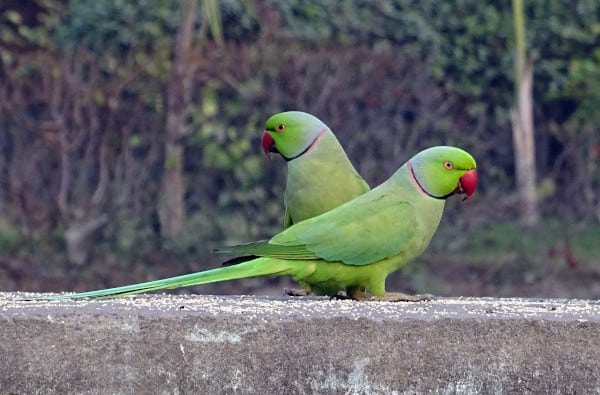
Yes, avocados can kill parrots if consumed in large quantities.
Avocados contain a toxic compound called persin, which can cause liver damage in parrots. In severe cases, death may occur within 48 hours.
For this reason, it is important to avoid feeding avocados to parrots.
What should I do if my parrot has eaten avocado?
If your parrot has eaten avocado, there are a few key steps that you should take to ensure its safety.
First, it’s important to assess the symptoms that your bird is exhibiting. Some common symptoms of avocado toxicity include weakness, vomiting, decreased appetite, increased heart rate, and diarrhea.
You should also be on the lookout for any changes in your parrot’s behavior or movements.
Additionally, it’s essential to keep track of how much time has passed since your bird has consumed the avocado.
Depending on the type of avocado and the size of your bird, signs of toxicity can develop within hours or take days to appear.
Once you’ve identified possible signs of avocado toxicity in your pet parrot, it is important to get in touch with a qualified avian veterinarian right away.
The vet will perform diagnostic tests and help you determine the best treatment plan based on your bird’s individual circumstances and needs.
With prompt medical care and support, most parrots make full recoveries from accidental avocado ingestion.
You may also like: Are Fruit Seeds and Pits Toxic To Parrots?
What other foods are harmful to parrots?
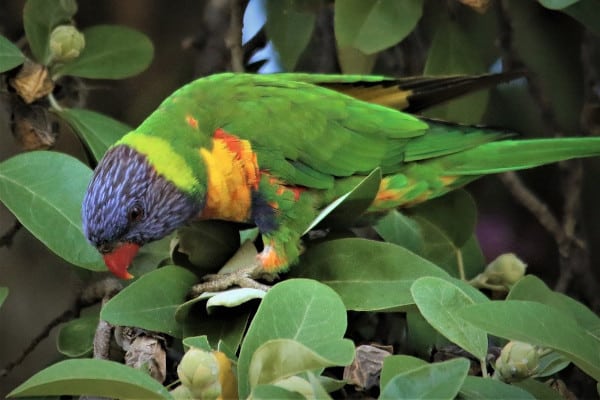
There are a number of foods that can be harmful to parrots, and it is important to be aware of them if you are planning to keep one as a pet.
Some of the most common foods that can be dangerous to parrots include chocolate, caffeine, avocado, onions, garlic, and alcohol.
These foods can cause health problems ranging from gastrointestinal upset to heart failure, and in some cases, they can even be fatal.
Chocolate: Chocolate contains a compound called theobromine, which can be toxic to parrots in large quantities.
Caffeine: Caffeine can cause heart arrhythmias and other health problems in parrots.
Avocado: As mentioned previously, avocados contain a toxin called persin, which can be deadly to parrots.
Onions and garlic: These foods can cause anemia in parrots.
Alcohol: Alcohol can cause liver damage and other health problems in parrots.
Fruit seeds and pits: Some fruit seeds and pits contain cyanide, which can be toxic to parrots.
Salt: Salt can cause dehydration and other health problems in parrots.
Xylitol: This artificial sweetener can cause liver damage and other health problems in parrots.
Additionally, it is important to keep your parrot’s diet varied and interesting to
As you can see, there are a number of foods that can be harmful to parrots.
For this reason, it is important to do your research before feeding your bird anything new.
If you think that your bird has consumed any of these substances, it is important to contact a veterinarian right away.
Conclusion
In conclusion, it is important to be aware of the dangers that avocados pose to parrots.
If your bird has eaten avocado, it is essential to seek medical care right away.
There are also a number of other foods that can be harmful to parrots, so it is important to do your research before feeding your bird anything new.
By taking these precautions, you can help keep your pet parrot safe and healthy.
